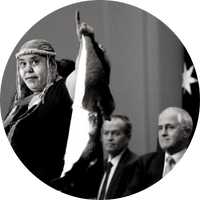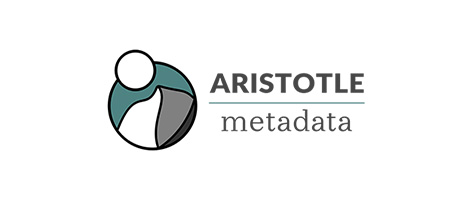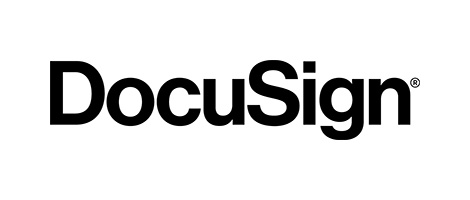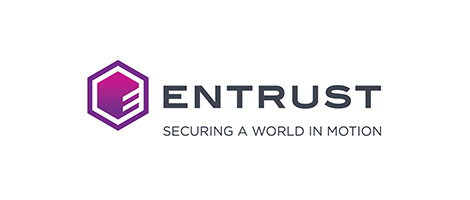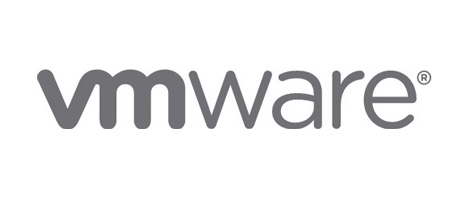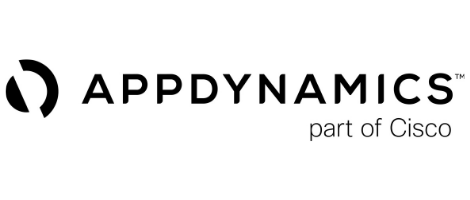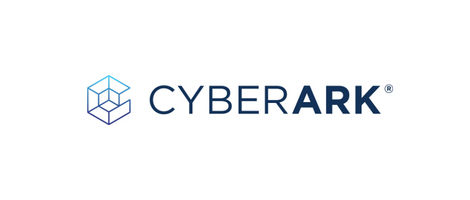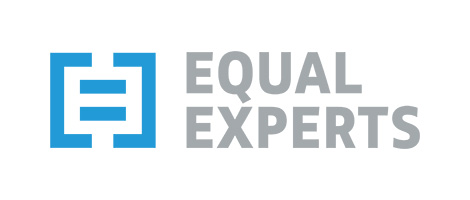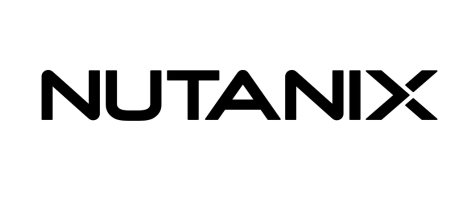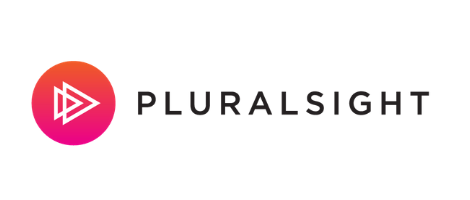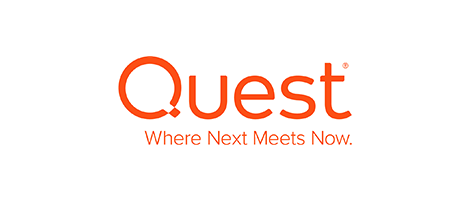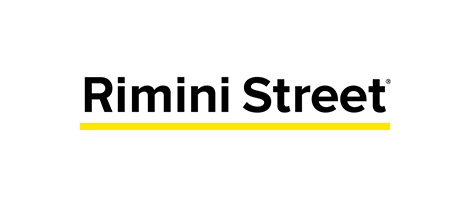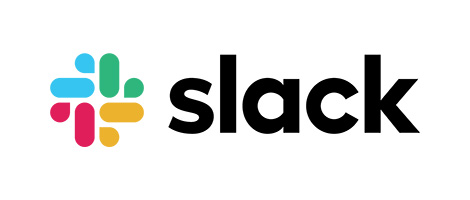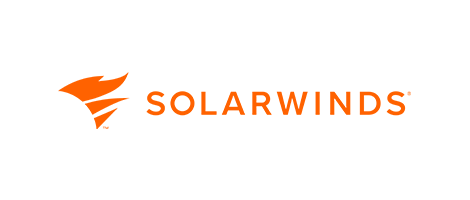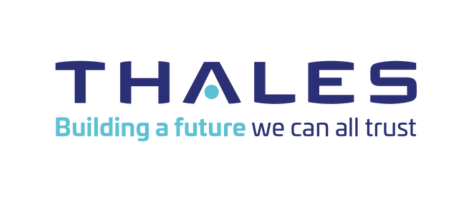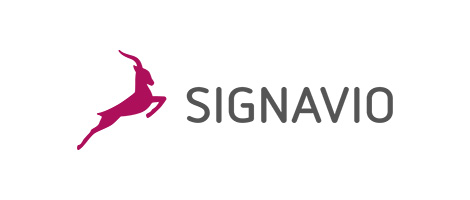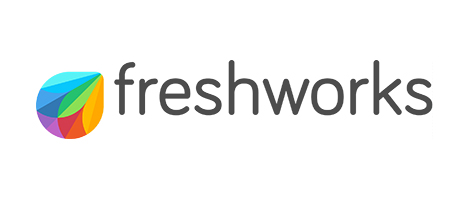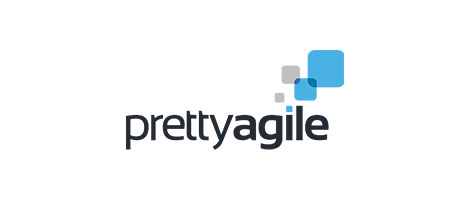The landscape of Federal Government has been upturned over the course of 2022, with the Election, Machinery of Government changes, and October’s latest budget amidst persisting ramifications of disruption, forcing the APS to solidify their position after such demanding digital delivery of citizen’s access information, support and solutions about their lives and livelihoods.
The momentum created by Australian citizens and businesses having to rapidly embrace digital technologies and thriving in this digital revolution is something the Government does not want to surrender. Off the back of digital transforming services implemented in transport, health and finance sectors, the 2022 FST Government Australia conference will address the next steps in the Government’s digital strategy. We’ll bring together esteemed thought leaders and technologists from around the globe to explore the Federal Government’s digital innovation pipeline, its pledge to transform government services and how it will build on digital skills and capabilities brought to light during the pandemic.
Join us where we’ll explore:
- The Federal Government’s post-COVID recovery plan, fuelled by tech and digital strategies
- October budget debrief
- APS leadership, what it means for IT, transformation, and digital capabilities
- Cloud migration and the shift into multi-cloud environments
- Data governance and privacy mandates
- The Australian digital revolution of services and information for citizens
- Artificial intelligence (AI), Machine Learning (ML) and automation strategies to make the leap to augmented, predictive government
- How Australia aims to lead the way for other global digital economies and societies
- Omnichannel services and platforms
The Role of a Technologist in Transforming the Citizen Experience
Helping Government Agencies Deliver Exceptional Workforce and Citizen Experiences
- Deliver apps to support the workforce and citizen at the speed agencies demands and operate across data centre, cloud and edge environments
- Drive rapid digital transformation to deliver resiliency, governance, and security
- Transform the way agencies operate in the cloud with a single solution for multi-cloud management, security and cost and visibility
Our peer to peer roundtable discussions enable you to engage with other attendees as they rotate from table to table.
Each discussion features one of 24 distinct topics and is hosted by a technology expert together with a government co-host to drive an engaging conversation amongst the participants.
This year's top 5 themes span across Digital Transformation, Change Management & Leadership, Data Analytics, Strategy, and Information Technology.
Our peer to peer roundtable discussions enable you to engage with other attendees as they rotate from table to table.
Each discussion features one of 24 distinct topics and is hosted by a technology expert together with a government co-host to drive an engaging conversation amongst the participants.
This year's top 5 themes span across Digital Transformation, Change Management & Leadership, Data Analytics, Strategy, and Information Technology.
The Role of Leadership in the Australian Government’s Digital Revolution of Services
- How can the use of real-time data and technology help to improve quality of life and reduce suffering?
- What is the call to action for government leaders to ensure adoption of a responsive customer focused mindset across every part of government?
- How can agencies build resilient services that can pivot quickly to meet new and increased demands or maintain service levels when supply chains are affected?
Our peer to peer roundtable discussions enable you to engage with other attendees as they rotate from table to table.
Each discussion features one of 24 distinct topics and is hosted by a technology expert together with a government co-host to drive an engaging conversation amongst the participants.
This year's top 5 themes span across Digital Transformation, Change Management & Leadership, Data Analytics, Strategy, and Information Technology.
Mastering the 'Must-Dos' to Operationalise Data Protection
Building trust with customers doesn’t have to be difficult, but it has to be a deliberate and sustained focus. To address today’s key security challenges, meet compliance regulations, and accelerate digital transformation initiatives, enterprises need to learn how to operationalize enterprise data privacy programs and build an enterprise data protection framework.
Join this session as Entrust discusses more about today’s challenges in operationalizing data protection and how to overcome them:
- Protecting corporate and consumer data
- Meeting compliance mandates like GDPR, PSD2, KYC, etc.
- Securing virtualised and cloud infrastructure
- Enabling a secure, productive workforce
Our peer to peer roundtable discussions enable you to engage with other attendees as they rotate from table to table.
Each discussion features one of 24 distinct topics and is hosted by a technology expert together with a government co-host to drive an engaging conversation amongst the participants.
This year's top 5 themes span across Digital Transformation, Change Management & Leadership, Data Analytics, Strategy, and Information Technology.
The Future of Data in Australian Public Sector: Bridging Skills, Technology and Accessibility
- What are the key opportunities for leveraging data and insights within Federal Government and how do we place the citizen at the centre of our decision-making?
- How do we further empower citizen service delivery through data capabilities?
- How do we equip and support wider technology and business groups with the right data skillsets?
- How do we apply critical lenses such as real-time, accessibility, and innovation safely to customer data?
The NSW Government is embarking on a journey to make it easier and quicker for Australians to use their birth certificates, expediting interactions with government, unlocking access to critical public services, and enhancing the social and economic value of this foundational document. Although lead by NSW Government, we are developing it for the whole country.
- The birth certificate opens access to essential public and private services for Australian Citizens, such as education, health services, getting a passport or driver license, voting, or opening a bank account.
- Using a valuable, single instance of a physical document to prove eligibility to access these services is often time consuming and repetitive, many times driven by outdated, non-digital practices and the requirement for in person transactions and third-party attestations (certifying copies) for all, or part of, the customer journey.
- Providing digital options can transform these customer experiences for the better, removing administrative overhead and unlocking ready access to essential services.a
The development and national deployment of a DBC is strongly aligned to the strategic priorities of all Australian governments, supporting the movement towards secure national sharing of data and driving the digital evolution of government engagement.
Cyber Security Vanguards: Raising Maturity for the Benefit of Public Sector and its Citizens
- In the hope to keep up, how can government agencies set up to tackle the changing nature of risks, on an ongoing basis?
- How do we encourage more meaningful diversity and talent development across security roles?
- How can agencies improve resilience and shared learnings when it comes to Information Security?
- What marks a well-aligned security function within the organisation?
The Public Sector Digitilisation of Operations, Staff Onboarding, and Efficiency
Forestry Corporation of NSW manages more than two million hectares of State forests, including NSW's largest renewable timber production. Sustainability has always been a core principle built into every aspect of their business, from environmental management to community partnerships, and staff wellbeing. Hear from Forestry Corporation of NSW as they discuss initiatives to enable remote hiring and operational efficiencies so that their time is spent on people, not paperwork.
Digital Product Strategy Lessons from Silicon Valley Tech Companies
- Best practices employed by successful tech organisations such as Meta, Google, Amazon, etc.
- Role profiles and team structures required to quickly and effectively build great products
- Key concepts for data driven product development

























